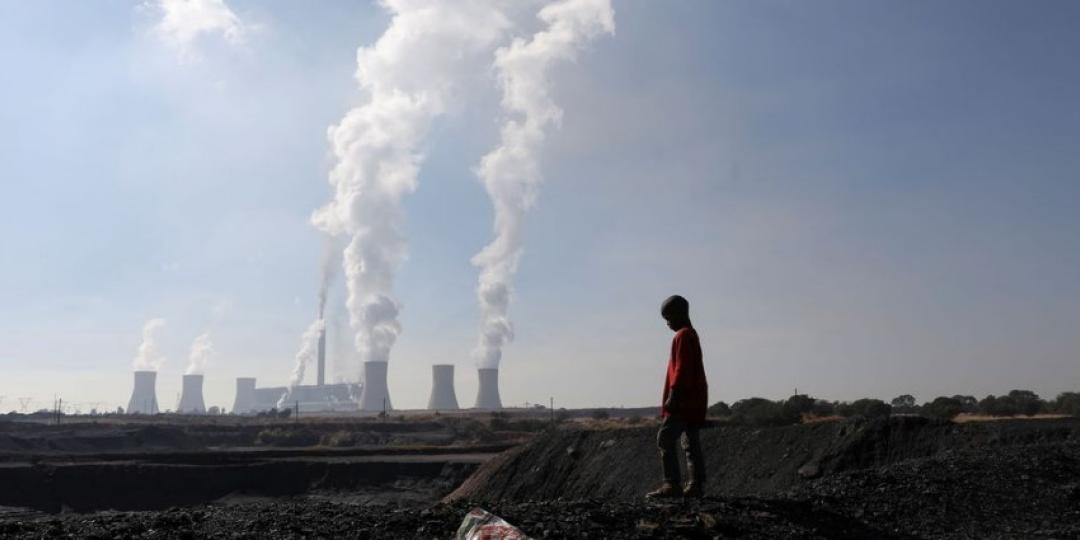With the struggle for influence in Africa portrayed as a competition between the US and China, other industrialised powers that have long neglected the continent are rushing to make their opinions heard.
Their quickest route to political relevance on a continent with the world's youngest population and vital mineral reserves may lie in the energy transition.
The German Chancellor, Olaf Scholz, made this point during his visit to Kenya and Ethiopia earlier this week, emphasising the potential for assistance from German companies in developing green hydrogen industries in countries like sun-drenched Namibia and Kenya.
The resulting output could be exported to Europe.
The Japanese Prime Minister, Fumio Kishida, followed a similar approach during his tour of Kenya and Mozambique, highlighting the potential of renewable energy.
Germany and France are the first to honour a promise made by wealthy nations to provide $8.5 billion in climate finance to South Africa, with the approval of €600 million in loans at the end of last year.
The German development bank, KFW, is also funding hydrogen studies in the country.
There is still a long way to go to catch up, though.
China has constructed roads and railways across the continent (not all of them fully functional), and the US's preferential trade agreements provide duty-free access (although not easily accessible) to the world's largest economy.
Nevertheless, energy is a starting point, and the gradual change in attitude taking hold in wealthy capitals may generate additional momentum.
Africa is increasingly viewed as a partner and a supplier of energy and minerals for the green transition, rather than solely a recipient of aid.
Germany's commitment to supporting the African Union's efforts to obtain full membership in the G-20 group of nations raises hopes that the move towards granting a greater voice is more than mere rhetoric. – AI-generated via iAfrica and Bloomberg.













